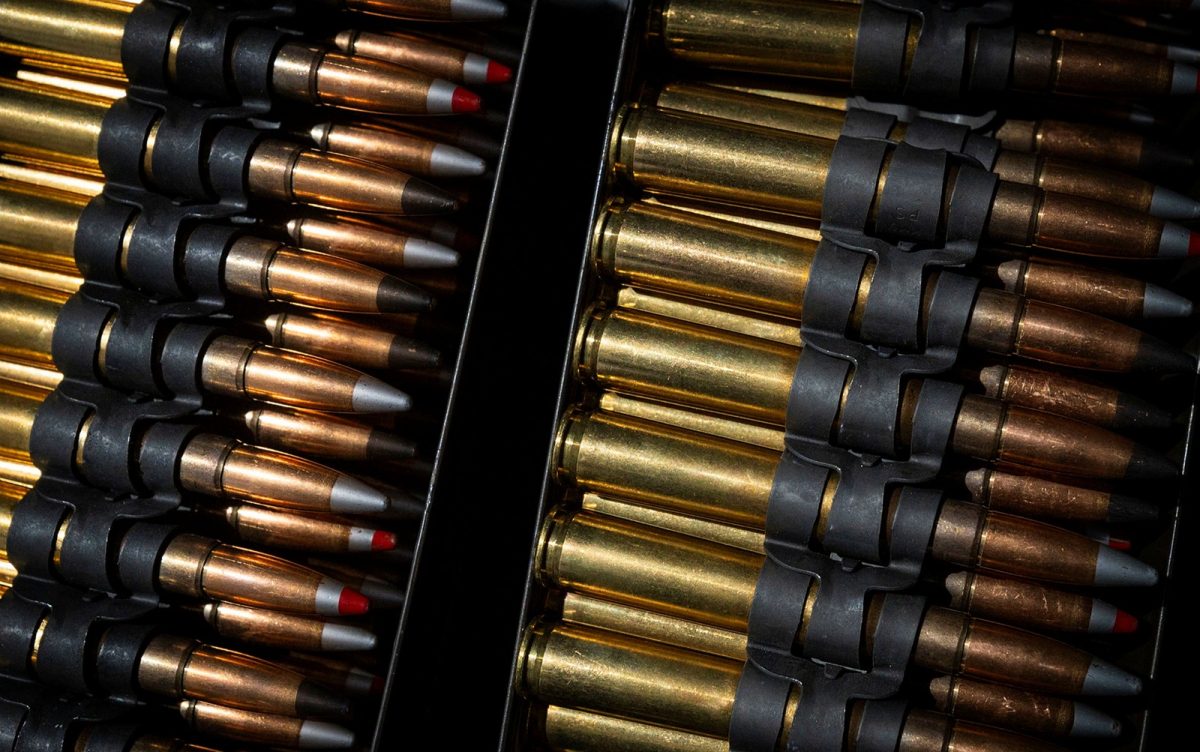
The ANAO found that a sole-source contract awarded to Thales Australia for the production of ammunition did not meet probity guidelines. Photo: ADF.
A former Defence procurement official who now works in industry has reportedly been referred to the new National Anti-Corruption Commission (NACC) after an audit report into a munitions supply contract.
The Australian National Audit Office (ANAO) conducted the audit into Defence’s management of contracts for the supply of munitions to examine whether the process of awarding a 10-year, $1.2 million sole-source contract to Thales Australia to provide munitions to the Australian Defence Force from its Mulwala and Benalla facilities was effective and in accordance with the Commonwealth Procurement Rules (CPRs).
The audit found that Defence’s conduct of the sole-source procurement was only partly effective. In addition, its management of probity was not effective and there was evidence of unethical conduct.
It said probity risks were realised when senior Defence personnel advised Thales at an October 2016 summit meeting that Defence’s preference would be to progress a government-owned, contractor-operated arrangement with Thales before the proposal was put before the Defence Investment Committee (IC) for ratification.
It also said advice to decision-makers did not address how value for money would be achieved and commercial leverage maintained in the context of a sole-source procurement.
It added that probity arrangements were not established in a timely manner, and that a procurement-specific probity framework to manage risks associated with the high level of interaction between Defence and Thales was not put in place until July 2018.
Before that, probity risks arose and were realised during 2016 and 2017, including an instance where a Defence official solicited a bottle of champagne from a Thales representative.
It said Defence did not maintain records relating to probity management and could not demonstrate that required briefings on probity and other legal requirements were delivered.
An ABC report says Defence Secretary Greg Moriarty has revealed that the matter has now been referred to the NACC.
The ANAO also found that deficiencies were identified in Defence’s subsequent procurement and probity planning processes and in the advice given to decision-makers. It said the decision to conduct a sole-sourced procurement was not informed by an estimated value of the procurement before the decision, and that the legal basis for going sole-source was not documented, as is required by the CPRs.
The expansion of the Benalla and Mulwala facilities is in accordance with the government’s ambitious guided weapons and explosive ordnance (GWEO) policy, which aims to become more self-sufficient in the provision of munitions to the ADF.
As a result of its findings, the ANAO has made eight recommendations, all of which Defence has agreed to implement.
These include: the documentation of circumstances and conditions justifying a proposed sole-source approach and what exemption in the CPRs is being relied upon; that Defence ensures the estimated maximum value of a proposed sole-source contract be included in planning documents; and that advice to decision-makers on complex procurements is informed by timely risk-assessment processes.
Other recommendations include that: specialist advice, including from the Department of Finance, is obtained for complex procurements with high levels of tenderer interaction; Defence ensures compliance with the Defence Records Management Policy over the life of the contract; Defence develops procurement-specific probity advice and guidance for complex procurements; and the appointment of external probity advisers should be mandatory for all complex procurements with high probity risks.
In its response, Defence said: “The Mulwala and Benalla munition factories underpin Australia’s ability to develop critical propellants, explosives and munitions for the ADF and are recognised as a world-class capability.
“Since this procurement activity, the strategic landscape has changed … the National Defence Strategy further prioritises these factories as critical and foundational industrial capabilities for Australian domestic manufacturing, supporting sovereign resilience and our allies.
“Defence welcomes collaborative engagement with our industry partners in delivering unique capability outcomes.
“Defence acknowledges and understands the need to ensure that such engagement is appropriately managed, and will strengthen the guidance in relation to identifying and managing procurement and probity risks early in the process as well as maintaining these records for the life of the procurement activity.”






